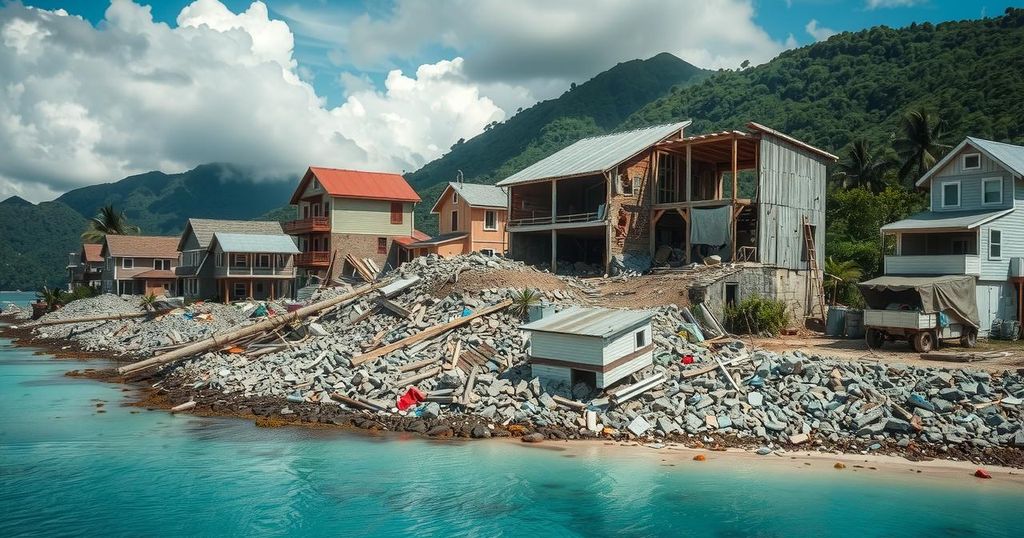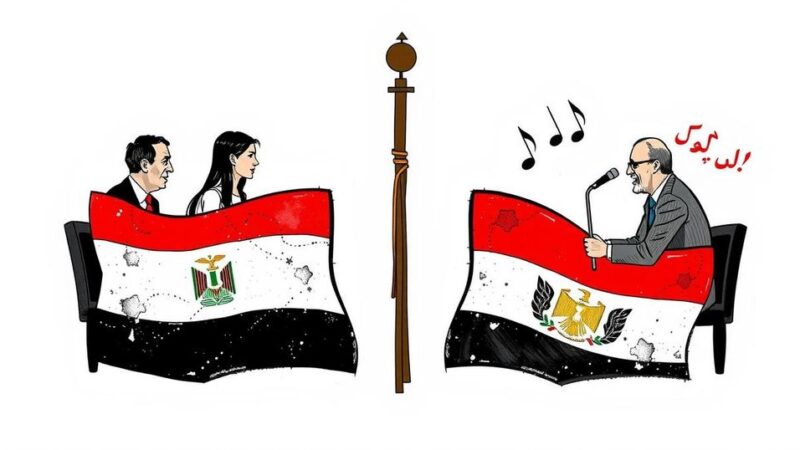January 12 is marked by significant events: the 2010 Haiti earthquake caused over 300,000 deaths; in 1991, the U.S. Congress authorized military action in Iraq; a tragic stampede during the Hajj killed 364 pilgrims in 2006; and in 2021, India’s Supreme Court stayed controversial farm laws amidst farmer protests.
January 12 marks several significant historical events, including the catastrophic earthquake in Haiti in 2010 that resulted in an estimated 300,000 fatalities and left millions displaced. On this day in 1991, the U.S. Congress authorized military action against Iraq, leading to the liberation of Kuwait. Additionally, a tragic stampede during the Mina stoning ritual in 2006 claimed the lives of 364 Hajj pilgrims. In a more recent development, the Supreme Court of India stayed three controversial farm laws in 2021 amidst widespread protests from farmers across the nation.
The Haiti earthquake, which struck just southwest of Port-au-Prince with a magnitude of 7.0, affected approximately three million individuals, displacing over a million residents and causing extensive infrastructure damage. The disaster’s lasting impact is still felt, as Haiti has struggled to regain stability and rebuild.
In 1991, the U.S. Congress voted decisively in favor of military action against Iraq following Saddam Hussein’s invasion of Kuwait. The approval of this operation culminated in a swift military campaign that liberated Kuwait within weeks, reshaping the geopolitical landscape in the region. This engaging military conflict was notably the first to be broadcast live on television, influencing public perception and engagement with military affairs.
The 2006 Mina stampede occurred during the Islamic pilgrimage, resulting from overcrowding and unfortunate safety oversights. Despite enhanced safety measures, the incident highlighted ongoing concerns regarding the safety of pilgrims during religious events, prompting calls for further examinations of crowd control protocols.
On January 12, 2021, amidst escalating protests against new agricultural laws introduced by the government of India, the Supreme Court intervened, issuing a stay on the controversial legislation. Chief Justice SA Bobde emphasized the importance of creating an environment of trust and dialogue between the farmers and the government, seeking to address their concerns through a committee of agricultural experts.
This historical summary outlines January 12 as a day of profound sorrow for Haiti, pivotal military decisions, tragic loss of life during religious practices, and significant agricultural policy discussions in India. The dynamics of global politics, humanitarian impacts, and social responses to crises play a fundamental role in shaping our understanding of contemporary issues.
January 12 has been a notable date in history due to its association with various significant events affecting both national and global dimensions. The 2010 Haiti earthquake serves as a stark reminder of natural disasters’ devastating impact and the long recovery paths that follow. Concurrently, the U.S. military’s involvement in Iraq underscores the complexities of international relations and the consequences of diplomatic decisions. Additionally, the Mina stampede during the Hajj pilgrimage draws attention to the challenges of crowd management in high-stakes environments. Most recently, the Supreme Court’s stay on India’s farm laws reflects the struggles of agrarian communities against governmental policies and the need for adequate representation and negotiation. Each of these events is intertwined with broader societal themes such as emergency response, military intervention, public safety, and the value of civil dialogue.
In summary, January 12 serves as a critical juncture in history, highlighting the impacts of natural disasters, the ramifications of military action, the importance of safety in religious observances, and the necessity for dialogue in matters of agricultural policy. These events underscore the interplay of human experience in shaping collective memory and future action, reminding us of the resilience required in the face of adversity and the need for ongoing engagement in societal issues.
Original Source: www.firstpost.com







